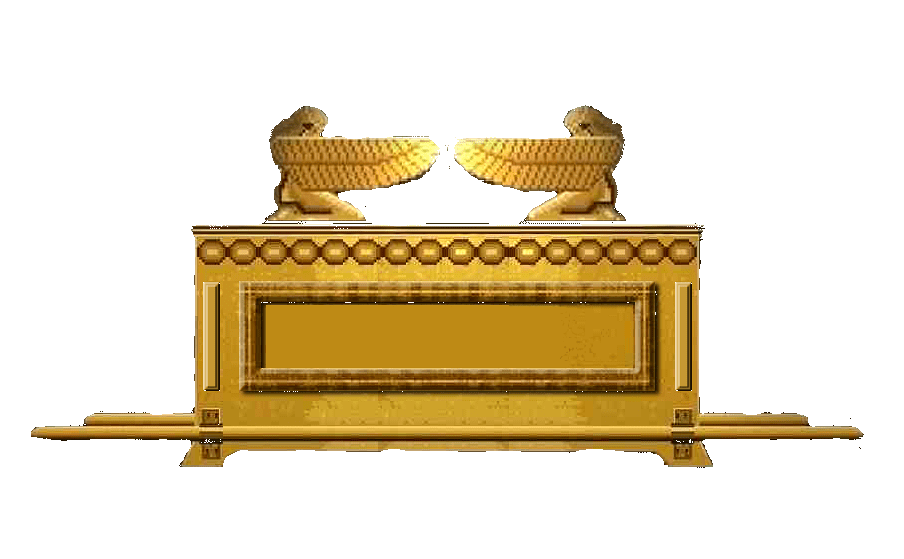TABERNACLE TIMES
THE TABERNACLE IN BRANSON'S MONTHLY NEWSLETTER
TU BI'SHEVAT CELEBRATING THE LAND OF ISRAEL
February 2020 | Shevat - Adar 5780 | Volume 15 Issue 2
The Tu Bi’Shevat holiday (February 9-10th this year) is the time when we reaffirm the strong tie between the people of Israel and the Land of Israel. The love of the Land and of the mitzvot (commandments) concerning it is the main theme of the day. It is a celebration of cultivating the land and appreciating nature’s floral gifts and love of trees, whose deep roots symbolize the roots of the people deep in the soil of the Land. The holiday originated in the Land of Israel, and most of the customs associated with it developed there as well. When the Jews were exiled, they took the Tu Bi’Shevat celebration along with them - a bit of Eretz Yisraelits fruit and trees accompanying them on their wanderings. Each year on this day, the fruit of the Land of Israel found its way to the tables of Jewish households all over the world; raisins and almonds, nuts and dates, figs and prunes. Every dark corner of the diaspora was thus treated to a ray of light from the skies of the Land of Israel. The sweetness of the fruit eased the bitterness of life in the diaspora and reminded the Jews that the Land of Israel was waiting for its children to return. An important practice on Tu Bi’Shevat is the planting of trees in the Land of Israel, and the custom was renewed with the return of the Jews to the Land. In the generation of the Return to Zion, the holiday took on a new dimension and became a day of planting as well, as it is written in the Torah: "And when you come to the Land, plant all manner of fruit trees…" (Leviticus 19:23). Just as when the people of Israel were preparing to enter the Land after 40 years of wandering in the wilderness. This is a commandment which is meant to strengthen the tie between the people and their Land. After the people of Israel settled in the land of their inheritance, they began tilling the soil. The importance of trees in many aspects of everyday life became even more apparent. The act of planting a tree represents an investment in the future. When a tree is planted, a confirmation is made in the belief that there will be a future for our children, and that they will reap the fruit of this generation’s labor. More than thirty different kinds of trees are named in the Bible: In addition to the majestic Cedars of Lebanon extolled in the First Covenant (Tenach) as building material for Solomon's Temple, there are also the Olive Tree and Fig Tree emphasized in the Brit HaDasha (New Covenant). In Israel, it is customary for school children to visit a nearby Jewish National Fund Forest to plant trees. In recent years, JNF established the Children’s Forest in the Galilee which honors Israeli children, children of the Diaspora, and hallows the memory of more than one million children who died in the Holocaust. Since the establishment of the State of Israel, much of the reforestation has been handled by the Jewish National Fund. On Tu Bi’Shevat in 1949 the JNF planted the Defenders’ Forest as a memorial to the fallen of the War of Independence. David Ben-Gurion, Israel’s first Prime Minister, was given the honor of planting the first sapling. That was also the day when the Knesset (Israeli Parliament) was first opened. Since then, the Knesset’s anniversary is celebrated every year on Tu Bi’Shevat. In recent years Israel Today (a Messianic media outlet) has become more and more involved with Israel’s agriculture, in particular in the south. According to Aviel Schneider, Editor-in-Chief, “Israel’s future lies in the desert, which accounts for more that 60 percent of the total land area, yet in which just five percent of the population is actually living.” They started by planting grape vines and later establish olive groves. The fruits of those early endeavors have since become the Simeon brand of red wine. The goal of the olive groves is to produce extra virgin olive oil in the future. One of the important customs of the day is the eating of fruits which are special to the Land of Israel, the fruits among the Seven Species - wheat, barley, grapes, fig, pomegranate, olive and date. Other fruits which remind us of the Land are also eaten, especially almonds, carob and oranges. Some practice the custom of eating a "new" fruit (one that has not yet been tasted during the past year) and add the Shehecheyanu blessing before eating the fruit: As we have learned, an important practice on Tu Bi'Shevat is the planting of trees in the Land of Israel. Since Yeshua (Jesus) is the true "tree of Life" we continue this tradition today and give the gift of trees planted in Israel for lifecycle events such as births, deaths, bar/bat mitzvah and weddings. If you would like more information about Tu Bi'Shevat or to plant a tree in Israel please contact the Jewish National Fund at http://usa.jnf.org/jnf-tree-planting-center For information about planting an olive tree in your name contact – www.israeltoday.com. "I will give you the treasures of darkness and hidden riches of secret places, that you may know that I, the Lord, who call you by your name, am the God of Israel" (Isaiah 45:3).

